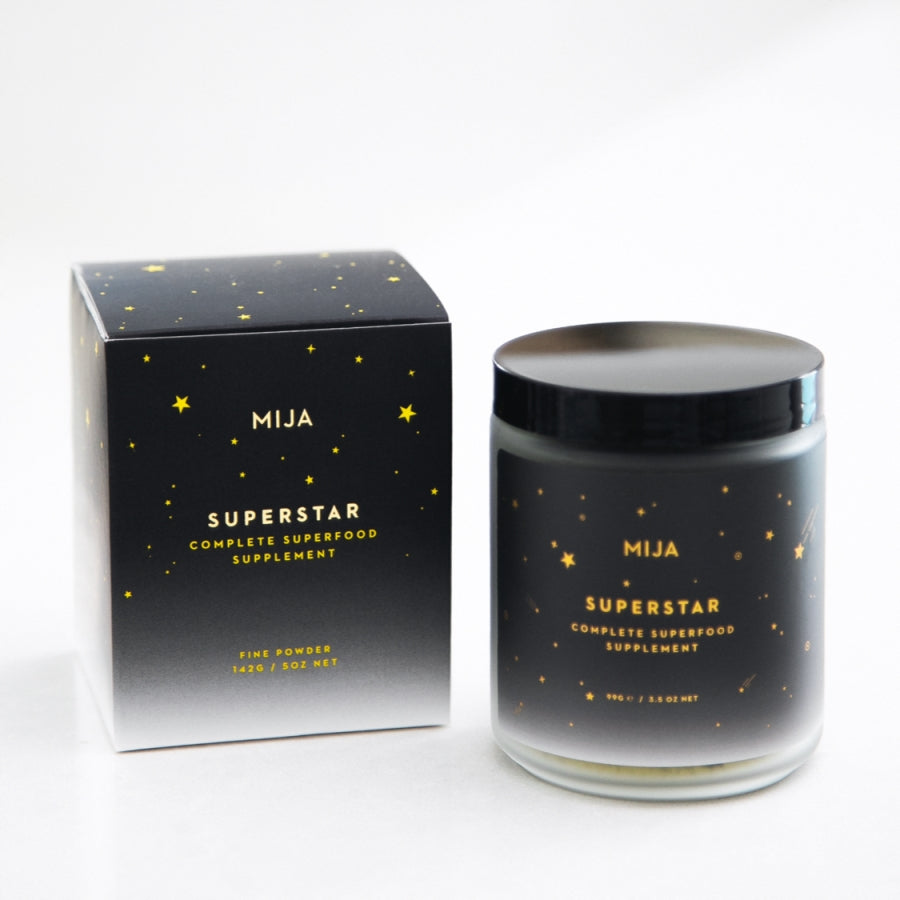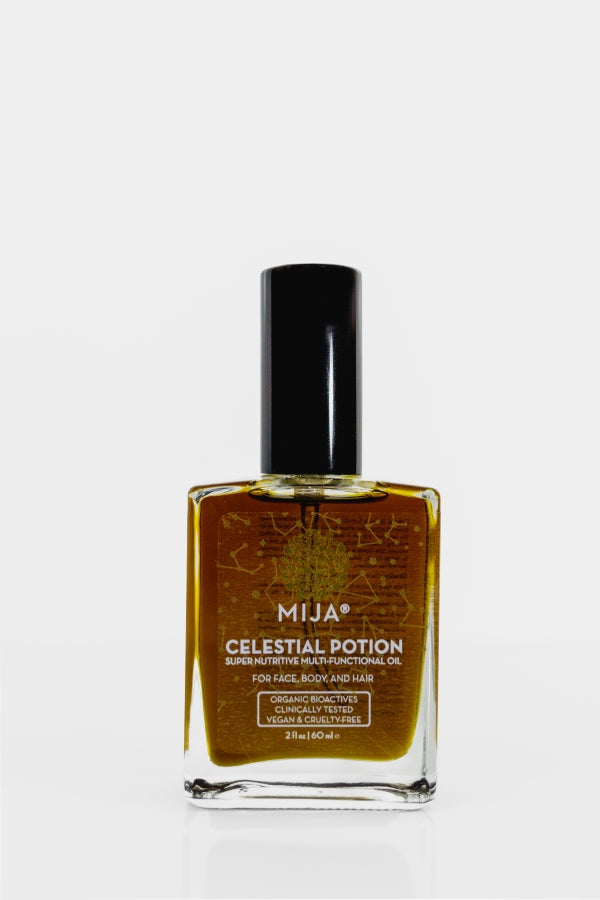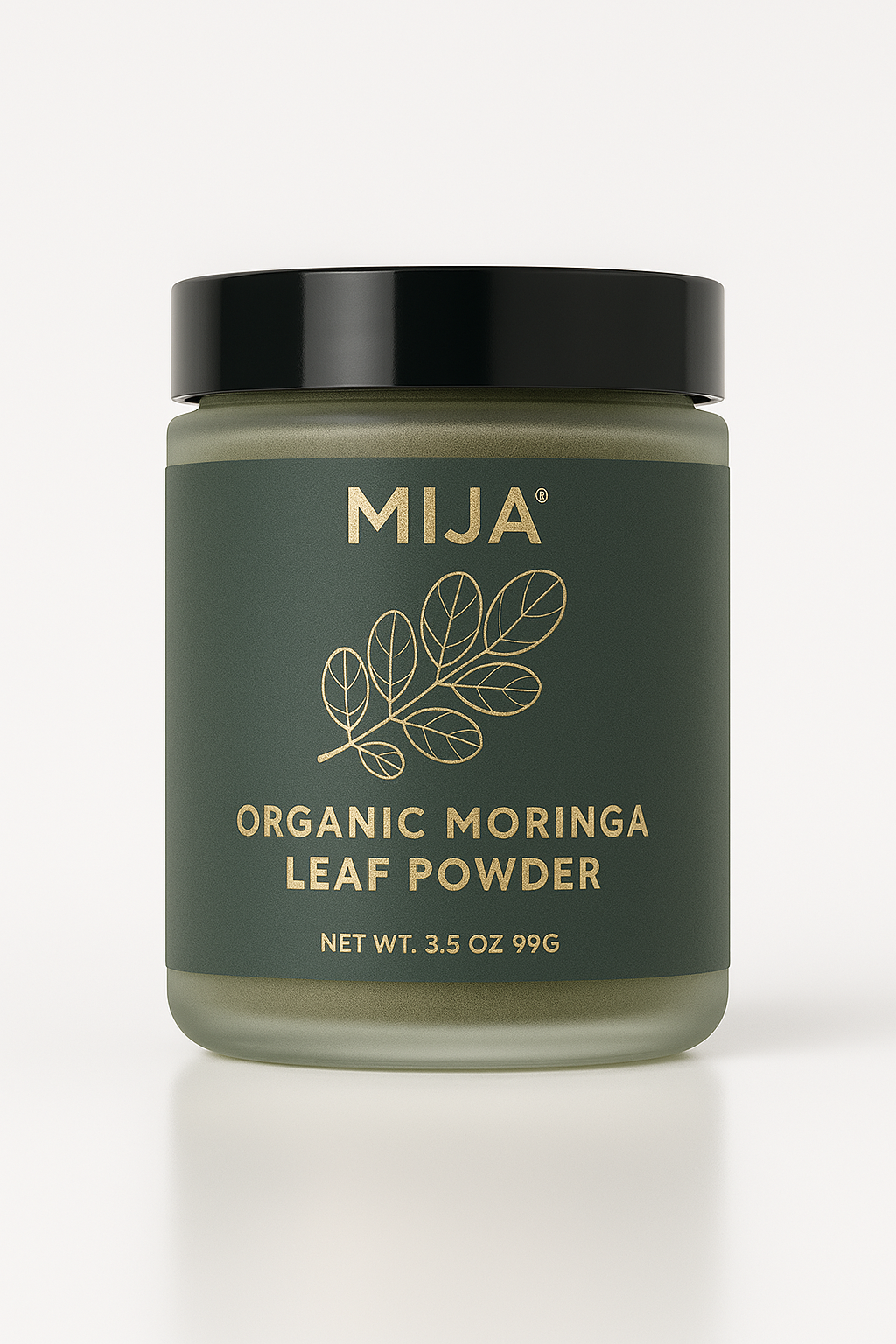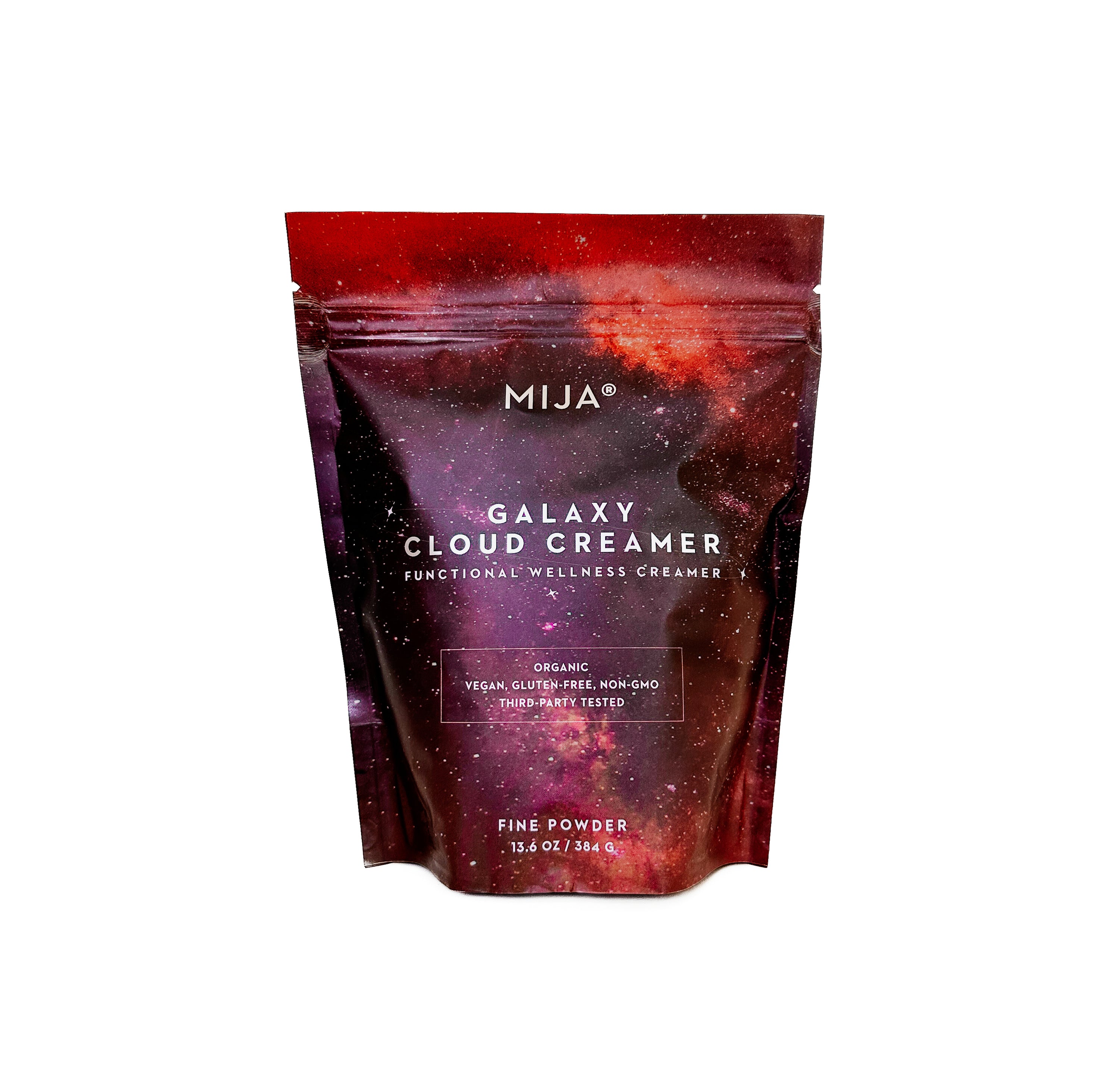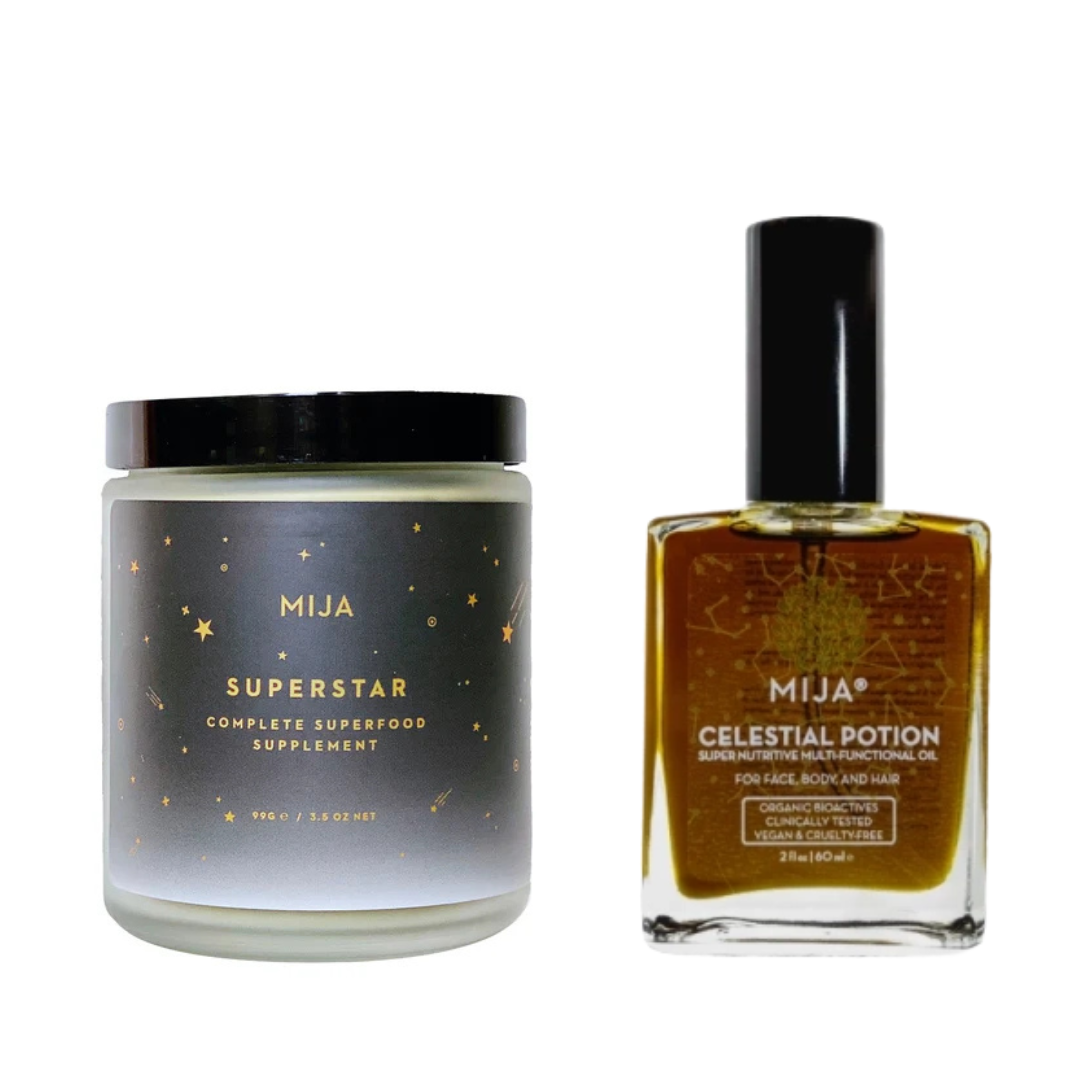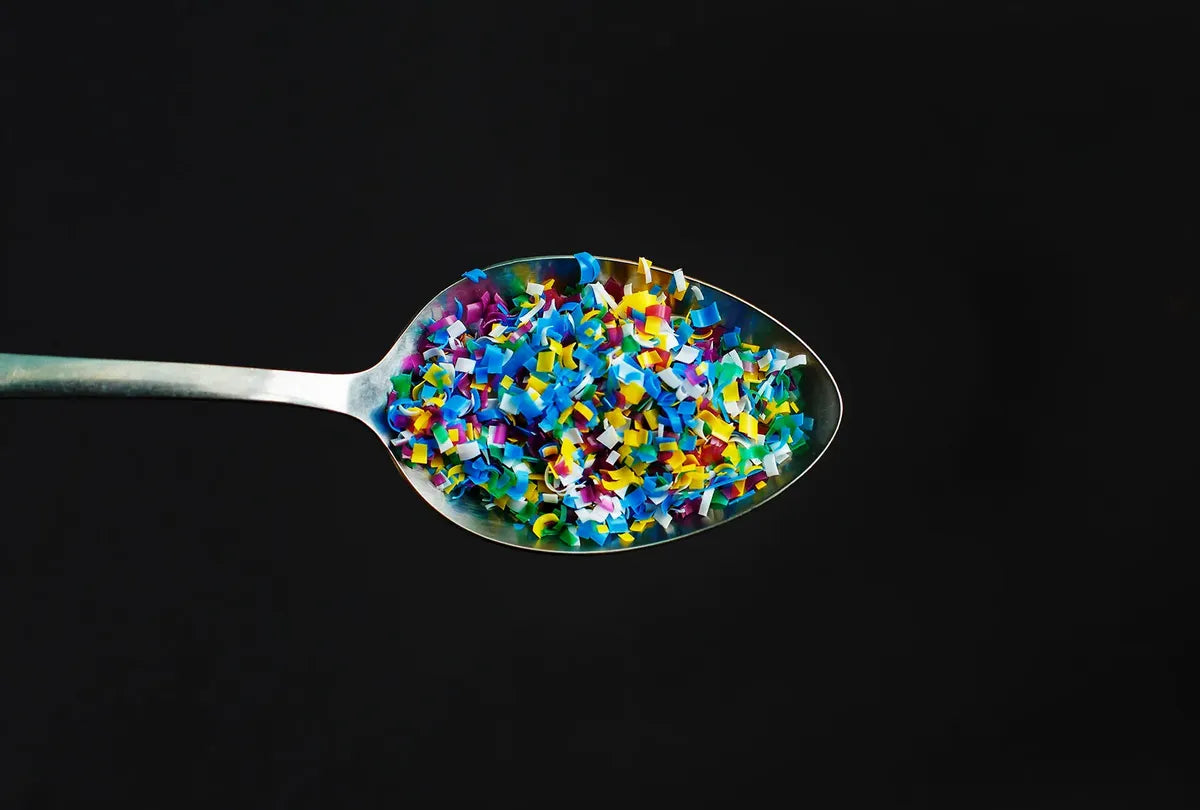

Microplastics: A Growing Threat to Our Wellness (And What You Can Do About It)
In today's world, it's nearly impossible to avoid exposure to microplastics—tiny particles less than 5 millimeters in size that are becoming more pervasive in our environment and, alarmingly, within our bodies. While we often associate plastic pollution with environmental issues, recent studies reveal a startling new reality: microplastics have infiltrated our food, water, and even the air we breathe.
How Serious is the Problem?
Microplastics have been detected in a variety of human tissues, and scientists are still unraveling the potential health risks. According to a 2021 study published in Environment International, microplastics were found in 100% of human blood samples tested, sparking concerns about their long-term impact on our health.
Recent statistics shed light on the extent of our exposure:
- 5 grams of microplastics—the equivalent of a credit card—may be ingested by the average person every week through food and water.
- Microplastics have been found in 83% of tap water samples around the world and are even more prevalent in bottled water.
- An estimated 8 million tons of plastic waste enter the oceans every year, where it breaks down into microplastics, eventually making its way back to us through seafood and water.
The Health Risks of Microplastic Exposure
The health implications of microplastic accumulation in the body are still being studied, but there are growing concerns that these particles may lead to:
- Oxidative stress: Microplastics may generate reactive oxygen species (ROS) in the body, contributing to inflammation, cellular damage, and accelerated aging.
- Hormonal disruptions: Many plastics contain endocrine-disrupting chemicals like phthalates and bisphenol A (BPA), which can interfere with hormone function and reproductive health.
- Chronic inflammation: Microplastics can provoke an immune response, leading to chronic inflammation, a known driver of numerous diseases including cancer, cardiovascular disease, and autoimmune conditions.
How Are We Exposed to Microplastics?
Our exposure to microplastics comes from a variety of sources, including:
- Food: Plastic packaging and processing contribute to microplastics in food, particularly in seafood, where ingestion of microplastics is common.
- Water: Tap water and bottled water are both significant sources of microplastic ingestion.
- Air: Microplastics can be airborne, meaning we also inhale these particles on a daily basis.
- Personal care products: Many skincare and cosmetic products contain microplastic particles or come in contact with microplastic packaging, leading to inadvertent exposure.
How to Reduce Microplastic Exposure
While we can’t completely avoid microplastics, we can take steps to minimize our exposure:
- Choose glass over plastic bottled water: Plastic bottled water has been shown to contain more microplastics than tap water, glass has significantly lower levels, even though specially filtered water and boiled water is regarded as have the least amount of microplastic contamination.
- Use water filters: Opt for high-quality filters that remove microplastics from tap water. Reverse osmosis filtration is also effective. When in doubt, boiling water for 5 minutes can remove 80% of microplastics.
- Reduce plastic use: Avoid plastic packaging where possible. Choose glass, stainless steel, wood, or porcelain for food storage and utensils.
- Avoid personal care products with plastic microbeads: Check labels for ingredients like "polyethylene" or "polypropylene" and opt for more natural alternatives.
- Support environmental efforts: Reducing overall plastic pollution helps curb microplastics in the environment. Opt for sustainable brands and products.
- Sweat more: Remember the saying sweat out the toxins? It applies here. Getting in a good sweat session can help the body filter out toxins, and improve detoxification function.
How Superstar Can Help Combat the Effects of Microplastics
Reducing exposure is essential, but supporting your body in eliminating and counteracting the damage from microplastics is equally important. The high-vibrational superfoods in Superstar are designed to offer targeted support for detoxification and cellular protection.
-
Chlorella (Cracked Cell) Powder: Chlorella is one of the most powerful natural detoxifiers available, specifically known for binding to environmental pollutants like microplastics, heavy metals, and other toxins in the body, helping to safely eliminate them through the digestive system. The "cracked cell" form ensures better absorption, allowing your body to effectively flush out these contaminants.
-
Organic Matcha Green Tea Powder: Matcha is rich in epigallocatechin gallate (EGCG), a potent antioxidant polyphenol that directly helps neutralize the oxidative stress caused by microplastic-induced free radicals. Studies show that the high levels of catechins in matcha also support the body’s detoxification pathways, promoting cellular repair and reducing the inflammatory impact of microplastic accumulation .
-
Moringa Leaf Powder: Moringa is packed with antioxidants like quercetin and chlorogenic acid, which have been shown to help neutralize free radicals and reduce inflammation caused by toxins, including microplastics. Moringa also contains detoxifying compounds that enhance the body’s ability to remove harmful substances through liver function, which plays a key role in processing and eliminating microplastic particles from the system.
-
Chaga Mushroom Powder: Chaga mushrooms are a powerhouse of superoxide dismutase (SOD), an enzyme known to reduce oxidative stress. This makes Chaga especially useful for combating the oxidative damage linked to microplastic exposure. By protecting the body from microplastic-induced oxidative stress, Chaga helps minimize long-term cellular damage and supports a healthier immune response .
-
Goldenberry (Pichuberry): Goldenberries are rich in vitamin C and bioflavonoids, offering powerful antioxidant benefits that help fight inflammation caused by microplastics. Their immune-supporting properties also enhance your body’s ability to respond to and recover from environmental toxins, including microplastic particles.
-
Turmeric Root Powder: As a potent anti-inflammatory and antioxidant, turmeric contains curcumin, which helps reduce inflammation caused by microplastic-induced cellular damage. Turmeric also supports liver detoxification, further aiding the body in eliminating harmful toxins, including microplastics, from the system .
By incorporating these detoxifying and antioxidant-rich superfoods into your daily routine, Superstar helps your body combat the harmful effects of microplastics, supporting overall wellness and cellular health.
Take Charge of Your Health
In a world where microplastic exposure is nearly unavoidable, taking proactive steps to minimize harm is essential. From reducing plastic use to incorporating detoxifying superfoods like those found in Superstar, you can support your body’s ability to detoxify and protect itself from the potential dangers of microplastics.

Ready to give your body the boost it needs? Learn more about Superstar and its high-performance superfoods here.

